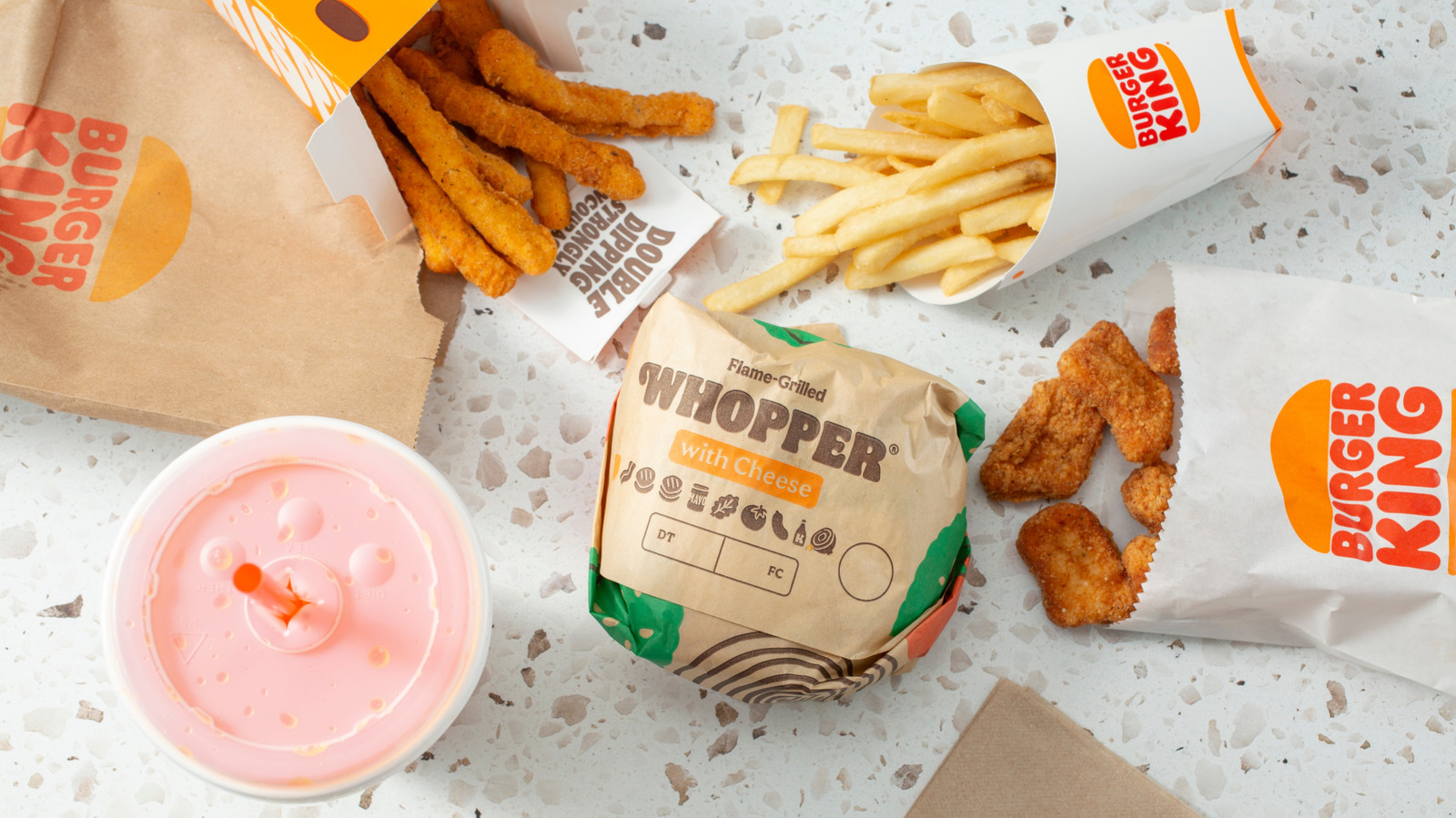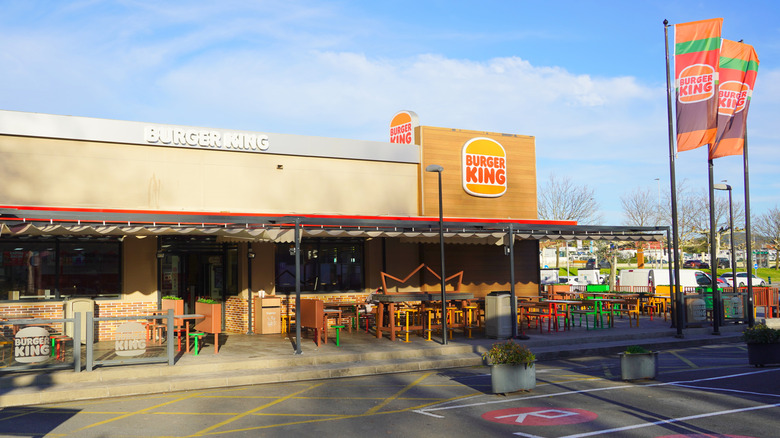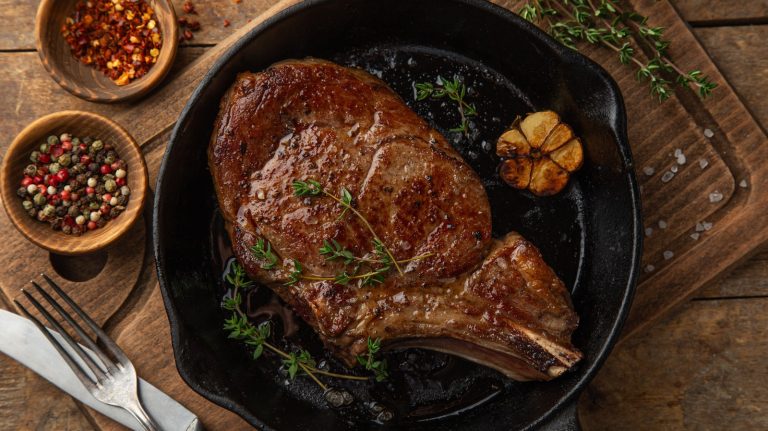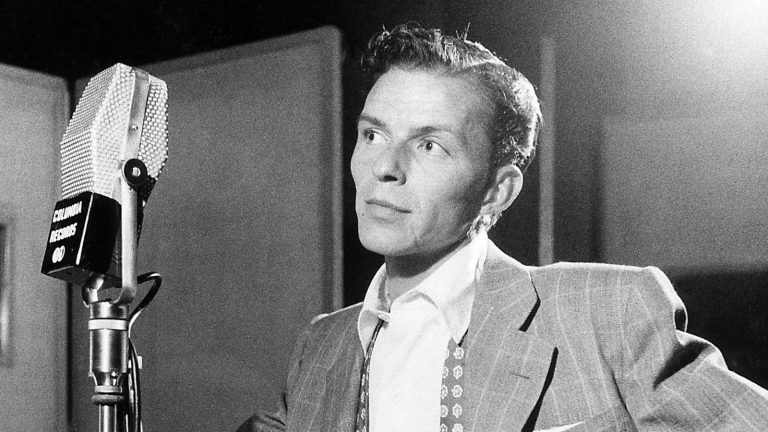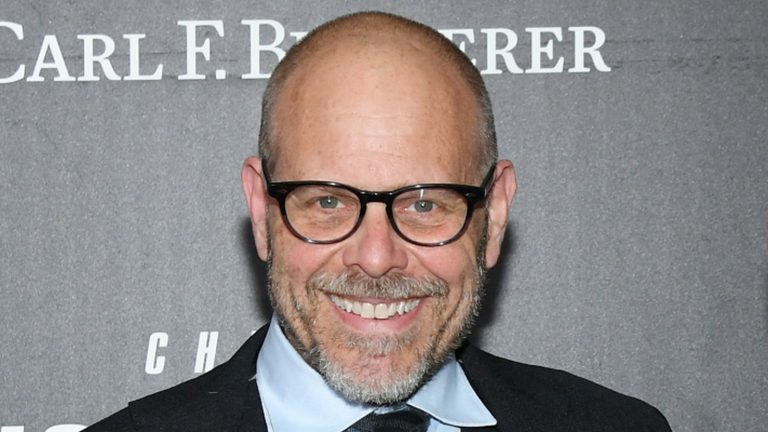You can find Burger King locations dappled across the United States, with each restaurant serving up flame-grilled burgers, nuggets, fries, and treats. There are over 6,000 locations in the country as of 2025, according to ScrapeHero. The chain is a welcome presence for travelers in search of a quick and delicious meal or anyone wanting a good burger. However, there is one place where Burger King isn’t a welcome sight. The humble town of Mattoon, Illinois, has about 16,000 residents and zero Burger King locations — at least not any of the Whopper and Whopper Jr. variety. Now, this isn’t a matter of coincidence. Rather, Burger King’s absence from Mattoon is a matter of law.
Before Burger King made its way to Illinois in 1961, the Hoots family opened their own burger joint called Burger King in 1957. The chain was opened as a savory counterpart to the Hoots’ Frigid Queen ice cream shop. The local restaurant was a community staple long before Florida’s Burger King chain made its way to the area, and the couple filed for a state trademark after opening. When the rapidly expanding chain entered the Land of Lincoln, its presence spelled trouble for the local Mattoon establishment, and in 1968, the Hoots filed a suit against Burger King, hoping to stop its sprawl into their territory. Although the chain’s federal trademark superseded the Hoots’ state trademark, since the Hoots’ already had an established presence in Mattoon, it was determined that the company could not open a franchise within 20 miles of the town.
A legal technicality with longstanding impacts
It’s been over 50 years since Burger King got the boot from Mattoon, Illinois. So where do things stand now? Well, Burger King is still not allowed in the town or within 20 miles of it. In fact, the chain’s closest location lies about 25 miles north of the town. And what about Mattoon’s original Burger King? Well, after selling to new owners in 2017, the local restaurant is still going strong.
Now, this may seem like a random incident, a quirk of local law overlapping with federal legislation. However, the intersection of local and state law with the fast food business is actually rather common. Take, for example, the growing number of cities that have banned drive-thru restaurants. There was even a whole campaign from Taco Bell to free the term “taco Tuesday” from a trademark held by Wyoming’s own Taco John’s chain. This was further complicated by a state trademark for the term in New Jersey, but Taco Bell eventually managed to win out across the country. Burger King has not had the same luck, it seems, and instead of challenging local turf, the chain has held its own on a larger scale while letting the Illinois town keep its own meaty sovereign.


